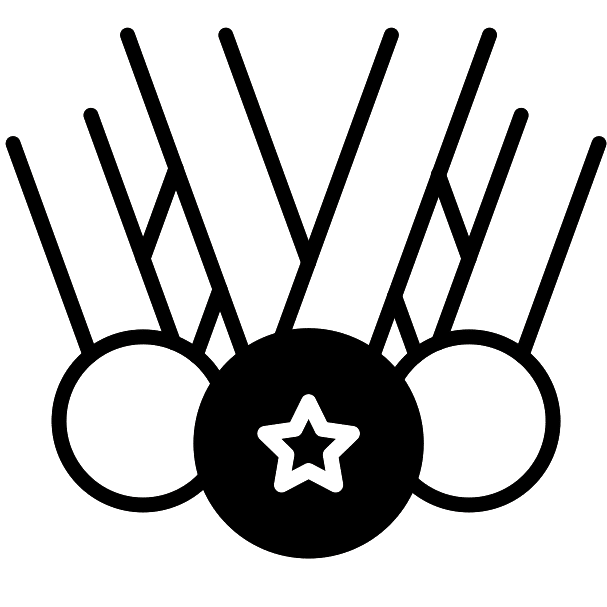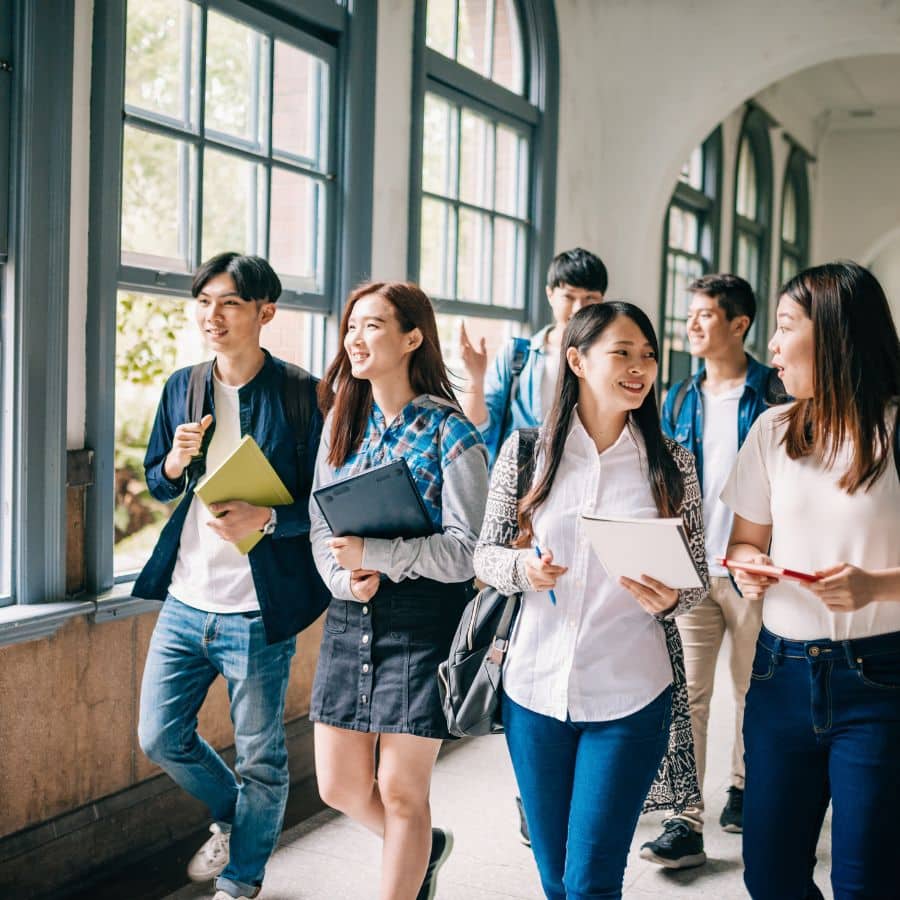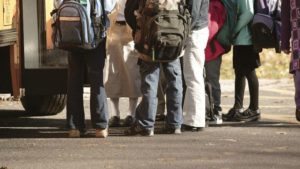Singapore Education: An Expat’s Guide to Schools in the City-State
This article will teach you everything you need to know about Singaporean schooling. It can be difficult to process all of the information because Singapore has its own educational system that differs from that of the rest of the globe.
This article will be divided into three sections: Singapore Education, Singapore Curriculum, and Singapore Schools.
Singapore’s educational system is unique
Singapore’s Ministry of Education has created its own national curriculum.
Compulsory education in Singapore consists of six years of elementary school, four years of secondary school, and one to three years of post-secondary education.
Primary education is not just compulsory in Singapore; the government also views education as a priority in the country’s economic development.
As a result, Singaporean education is widely acclaimed and lauded in other countries.
Singapore’s educational system is now widely regarded as the greatest in the world. And it’s all down to the way Singapore’s curriculum is set up.
Singapore’s curriculum
The proposed curriculum framework focuses primarily on laying strong foundations in specific themes and courses, as well as problem-solving skills, beginning in primary school.
The language of instruction in our traditional schools is English.
The following is an example of a typical Singaporean student’s educational journey.
| Stages | Age | Curriculum |
| Nursery | – | |
| Kindergarten | 5 to 6 | – |
| Primary School
6 years Primary 1 to Primary 6 |
7 to 12 years old | Primary School Curriculum
Takes National Exams at Primary 6 – Primary School Leaving Examination (PSLE) |
| Secondary School
4 to 5 years Secondary 1 to Secondary 4/5
|
13 to 16/17 years old | GCE O-Level Curriculum
Students will be streamed into different streams: Express, Normal Academic and Normal Technical depending on their PSLE score
International Curriculum Students may also enrol themselves into schools like School of the Arts (SOTA)
|
| Post Secondary School | ||
| Junior College
2 years J1 to J2 |
17/18 to 19/20 years old | GCE A-Level Curriculum
International Baccalaureate (IBDP) There are certain post-secondary schools that offer Singaporean students to take the IBDP curriculum instead of the GCE A-Levels. |
| Polytechnic
3 years |
17/18 to 20/21 years old | Students complete their three-year course to obtain a diploma. |
| University | – | Students complete their course to obtain a degree or bachelors. |
Overview
After completing their A-Levels or Polytechnic years, male Singaporean students would be compelled to serve the country for two years.
Singaporean students often finish their post-secondary studies between the ages of 20 and 21.
Non-Singapore residents
Is it possible for non-Singaporeans to enroll their children in mainstream schools in Singapore to study the national curriculum? Yes, it is true!
Before enrolling your child in a mainstream school in Singapore, there are a few things to consider. Studying in Singapore is also a good option.
Singapore’s education system is divided into two categories: public and private schools.
Government-run public schools are known as local schools. The curriculum is based on the Singapore National Curriculum.
Families that plan to stay in Singapore for an extended period of time may prefer this option.
However, due to the high level of competition, enrolling your child in a mainstream school in Singapore can be tough.
Your child will have to compete with Singaporean pupils and Permanent Residents (PR) for admission because they will be given first priority.
Schools with a Hybrid Curriculum
The Singapore national curriculum and international curriculums are both available at these schools.
The following is a list of Singapore Hybrid Curriculum Schools.
| School | Location | School Fees |
| German European School Singapore | 2 Dairy Farm Ln, Singapore 677621
Nearest MRT Station: Woodlands |
https://www.gess.sg/en/admissions/international-school-singapore-fees/ |
| Stamford American School | 1 Woodleigh Ln, Singapore 357684
Nearest MRT Station: Woodleigh |
https://www.sais.edu.sg/admissions/school-fees/ |
| Australian International School | 1 Lor Chuan, Singapore 556818
Nearest MRT Station: Lorong Chuan |
https://www.ais.com.sg/admissions/fee-structure/ |
| ACS (Independent) | 121 Dover Rd, Singapore 139650
Nearest MRT Station: Dover |
https://www.acsindep.moe.edu.sg/about-acs-independent/fee/ |
| SJI International School | 490 Thomson Rd, Singapore 298191
Nearest MRT Station: Woodlands |
https://www.sji-international.com.sg/admissions/high-school/tuition-fees |
| Hwa Chong International | 681 Bukit Timah Rd, Singapore 269782 | https://www.hcis.edu.sg/assets/Uploads/2019/HCIS-Fees-Structure-2019-2020.pdf |
The order of the schools is chosen at random.
Local international schools such as ACS (Independent), SJI International School, and Hwa Chong International admit Singapore citizens following PSLE.
Singapore local schools that offer international curriculum such as the IB:
ACS Independent, SOTA, Singapore Sports School
International schools that offer hybrid curriculum other than IGCSE and IB:
Australian International – hybrid Australian curriculum,
GESS – hybrid European curriculum,
SAIS – American and IB curriculums.
International Schools
These schools typically accept students from a wide range of backgrounds, with no majority nationality.
Curriculums offered by international schools are mainly the International Baccalaureate (IB) and IGCSE.
These are the standard curricula that the vast majority of students around the world follow.
If a family plans to return to their home country for their child to continue their education, this would make the transition smoother.
Graduating with these curricula would also allow for a more seamless transfer and less disturbance while migrating between countries.
Here is a selection of international schools that you might want to investigate.
The list provides a link to the school as well as the fee schedule. It will also show the location of the school.
| School | Location | Price |
| Tanglin Trust School | 95 Portsdown Rd, Singapore 139299
Nearest MRT Station: Buona Vista |
https://www.tts.edu.sg/admissions/fees |
| Dover Court International School | 301 Dover Rd, Singapore 139644
Nearest MRT Station: Dover |
https://www.brightoncollege.edu.sg/files/s3fs-public/2020-06/school%20fees%20NEW.pdf?tcloKFYRQj641pnkTqZhVTSbgIQoTeRn |
| Canadian International School Singapore | 371 Tanjong Katong Rd, Singapore 437128
Nearest MRT Station: Dhoby Ghaut |
https://www.cis.edu.sg/admissions/fees |
| GEMS World Academy (Singapore) | 2 Yishun Street 42, Singapore 768039
Nearest MRT Station: Yishun |
https://www.gwa.edu.sg/admissions/admission-fees.html |
| United World College of South East Asia | 1207 Dover Rd, Singapore 139654
Nearest MRT Station: Dover |
https://www. |
It should be noted that the order of the schools is arbitrary.
These are Singapore’s few well-known international schools. Of course, Singapore has a plethora of international schools. You will undoubtedly be able to locate the ideal match for your child!
Choosing the Best School in Singapore for Your Child
Here are some things to think about when choosing a school for your child in Singapore.
1 – The Coursework
2 – Tuition Fees
3 – The Environment, Culture, and Values of the School
4 – Offers on Subjects
5 – School Location and Transportation Options
6 – Facilities and Extracurricular Activities Provided by the School
Transitioning to Singaporean Education
It may be a different adjustment for your child if he or she is moving from a previous foreign curriculum to the Singapore national curriculum.













